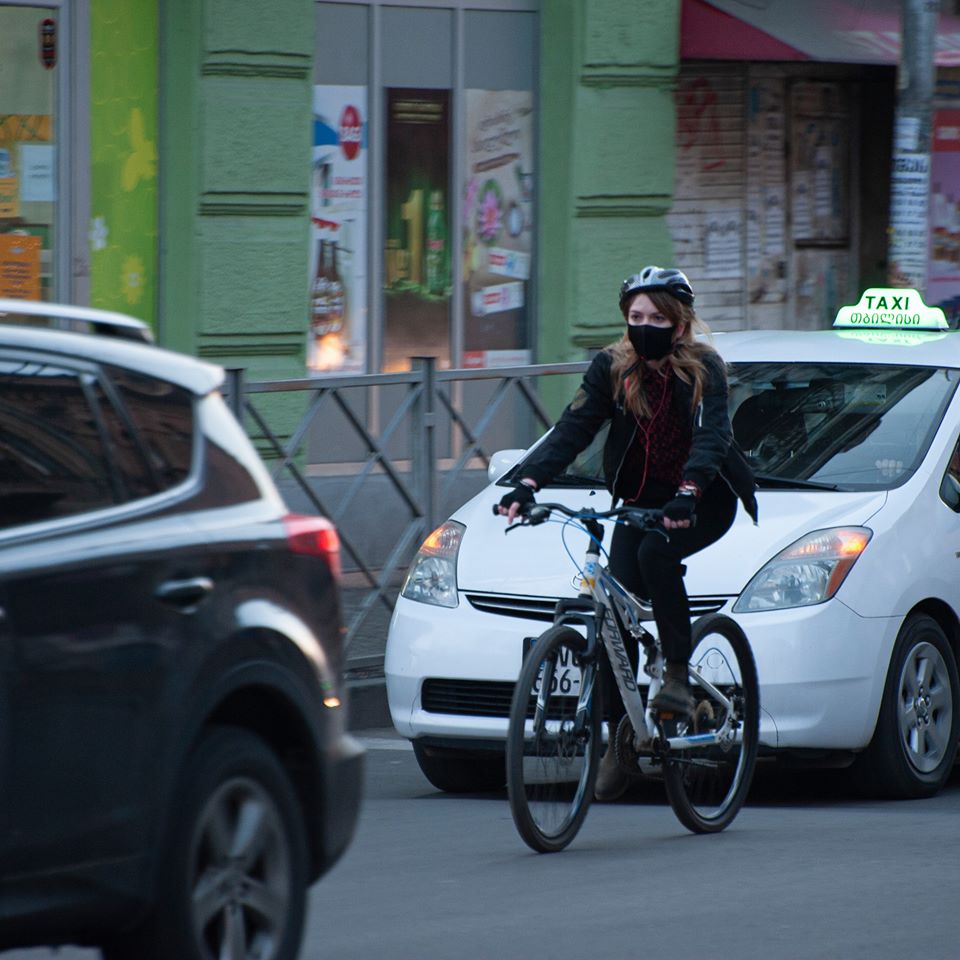The Government of Georgia announced a nationwide multi-phased 2-months-long restriction plan starting from November 28 in a bid to slow a resurgent COVID-19 outbreak, including by putting the eight largest cities and ski resorts into partial lockdown.
The country confirmed 3,801 new cases on November 26 morning, taking the tally of total confirmed cases to 118,690, of which active cases stand at 18,759.
Nationwide Measures
Nationwide restrictions, effective from November 28 this year to January 31, 2021, include:
- a country-wide night-time curfew from 21:00 to 05:00, with two exceptions on New Year’s and Christmas nights;
- closing of restaurants and other food facilities, except for takeaway, delivery, and drive-in services;
- closing of gyms and swimming pools;
- holding conferences, training, and all kinds of cultural and entertainment events will have to move online;
- halting activities of sport, art, and cultural clubs.
Additional Measures in Large Cities/ Ski Resorts
The following additional restrictions, effective from November 28 to December 23, and then again from January 3 to January 15, will apply to the eight largest cities in the country, including Tbilisi, Kutaisi, Batumi, Rustavi, Zugdidi, Poti, Gori and Telavi, as well as the ski resorts of Bakuriani, Gudauri, Mestia and Goderdzi:
- All kinds of shops/ shopping malls will have to switch to remote trade, except for grocery-, chemist-, and hygiene shops, newsstands, pharmacies, pet shops, and pet pharmacies. Marketplaces, except for agrarian markets, will have to close;
- Secondary schools, vocational schools, and universities are also required to go fully remote in these places, with medical universities being the exception. Both public and private kindergartens will be closed.
Additionally, hotels in winter resorts can only be used for quarantine purposes, and ski lifts and trails will have to shut down.
Lifting of Restrictions
Throughout the 2-months period, no restrictions will apply to the work of banking and finance institutions, beauty salons, all types of industries and construction activities, taxi services, or private transportation.
In the period from December 24 to January 2, shopping malls and both open and closed marketplaces will reopen, and municipal and intercity public transportation will resume. From January 3, the restrictions are again reimposed, and the period from January 3 to January 15 will be declared as public holidays to reduce mobility.
Starting on January 16, most measures, except for the curfew, restaurants, gyms and swimming pools, will be eased on workdays and continue to be effective only on weekends. The remaining restrictions are set to end on February 1.
Government Announces Social and Economic Assistance Programs
As a remedy for pandemic-induced economic hardships, Prime Minister Giorgi Gakharia announced the following social and financial assistance packages for the listed target groups:
Starting from January 1, 2021, previously formally employed persons who lost their jobs during the COVID-19 crisis will be able to apply for a financial allowance in the total amount of GEL 1200 (USD 263), split into 6 months.
In addition, due to the forthcoming weeks-long restrictions, persons employed at malls, markets, shops, and retail trade, will be eligible for one-time financial compensation in the amount of GEL 300 (USD 90), and the government will assist them with loan postponement.
The Prime Minister also reiterated that the government will cover utility (electricity, gas) bills for the duration of 4 months. The government had announced on October 29 this year that it will reimburse utility fees for households consuming less than 200 cubic meters of gas and 200 kilowatt-hours of electricity per month in November, December, January, and February.
Socially vulnerable families who fall within the specified social rankings will receive GEL 100 (USD 30) monthly assistance for 6 months. Additional 6-months-long allowance in the same amount will go to socially vulnerable families with 3 or more children under 16. The government will also continue the same-amount (GEL 100) monthly financial assistance for disabled persons under 18 or persons with profound disabilities for an additional 6-months period.
In addition, the postponement of loan payment for the objects that fall under restrictions will be “principally important” for the government, Gakharia said, pledging assistance for the respective individual entrepreneurs and physical persons.
Finance Minister Ivane Machavariani announced further incentives to support the tourism sector, including through removing property taxes in 2021 and writing off the income taxes, the payment of which had been postponed for 4 months by earlier government initiatives. These incentives, however, will require legislative amendments, Machavariani noted, underscoring the need for parliamentary support.
This post is also available in: ქართული (Georgian) Русский (Russian)

